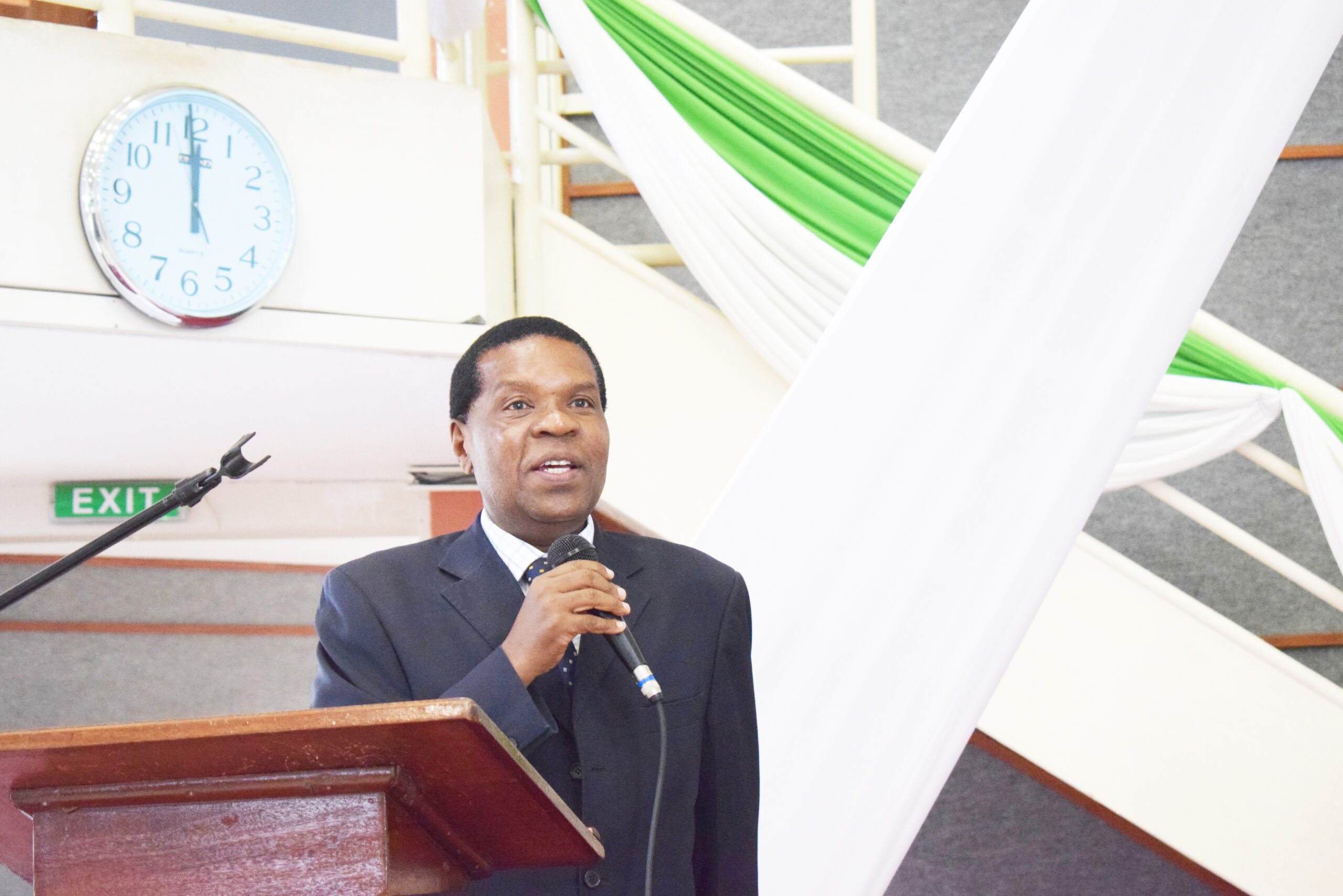By Sammy Chivanga
Cooperative Societies have been given a special window to start spending part of their unapproved budgets in the wake of the Covid-19 pandemic that has made it impossible to hold annual general meetings.
The acting commissioner for Cooperatives Geoffrey Njang’ombe has written to all cooperative societies allowing them to spend up to half of their previous financial year’s estimates as the budget estimates for 2020/2021 remain unapproved.
A copy of the letter seen by the Sacco Review shows that Mr. Njang’ombe has written to all the chairpersons of cooperative societies informing them of the decision even as the state extended the ban on large social gatherings.
“The Cooperatives whose budget has not been approved by the members for this year are hereby allowed to incur half of the expenditures approved by members in the last year estimates awaiting the government directive on public gatherings,” says Mr. Njang’ombe.
The budgets will then have to be ratified by members during the next annual general meeting.
The circular was copied to the Sacco Societies Regulatory Authority (SASRA) CEO John Mwaka and Kenya Union of Savings and Credit Cooperatives (KUSCCO) Managing Director George Ototo.

The move offers a reprieve for the many societies that were facing a spending dilemma after Covid-19 cases forced the state to ban large social gatherings such as AGMs, where budgets are reviewed and approved by members.
Cooperative societies operate under the strict guidance of the Cooperative Societies Act but the rising cases of Covid-9 have forced Mr. Njang’ombe to give this limited window of departure from the norm.
Section 24(a) of the Cooperative Societies Act provides that for each financial year, “the committee shall cause to be prepared estimates of society’s income and expenditure including recurrent and capital estimates.”
The approvals are usually supposed to be done by societies’ members at the general meeting at least three months before the end of the preceding financial year.
“No society shall operate without a budget approved by a general meeting,” the Act states further.
Without the circular allowing the limited spending, cooperative societies were staring at cash challenges because the new financial year set in on July 1st.
Eyes will now be on the Ministry of health on how quickly it can flatten the rising cases of Covid-19 infections.
Flattening the curve will be crucial in determining how soon the state can lift the ban on large gatherings and allow meetings such as AGMs to be held.
The prevailing realities have forced many regulators to think of ways of relaxing rules to allow for continuity of organizations.
In March 2020, Mr. Njang’ombe issued a circular allowing the cooperative societies to pay dividends without holding AGMs.
The move came barely two weeks after Kenya reported its first Covid-19 case on March 13, compelling the government to take drastic measures such as a ban on large gatherings and closure of schools, bars, and restaurants in with a futile aim of containing the virus.
The cooperatives were cleared to pay the dividends and interest on deposits, which will eventually be ratified by members during the next possible date of holding AGM.
This came a week after the commissioner issued a meeting suspending meetings to comply with the government order of social distancing.
While the relaxed rules have helped cooperatives to continue operating, Covid-19 has denied members a chance to elect new office bearers in the absence of AGMs.
Many large players in the financial sector such as banks and listed companies have opted for virtual AGMs after they were cleared to do so. However, cooperatives have not taken this direction.



